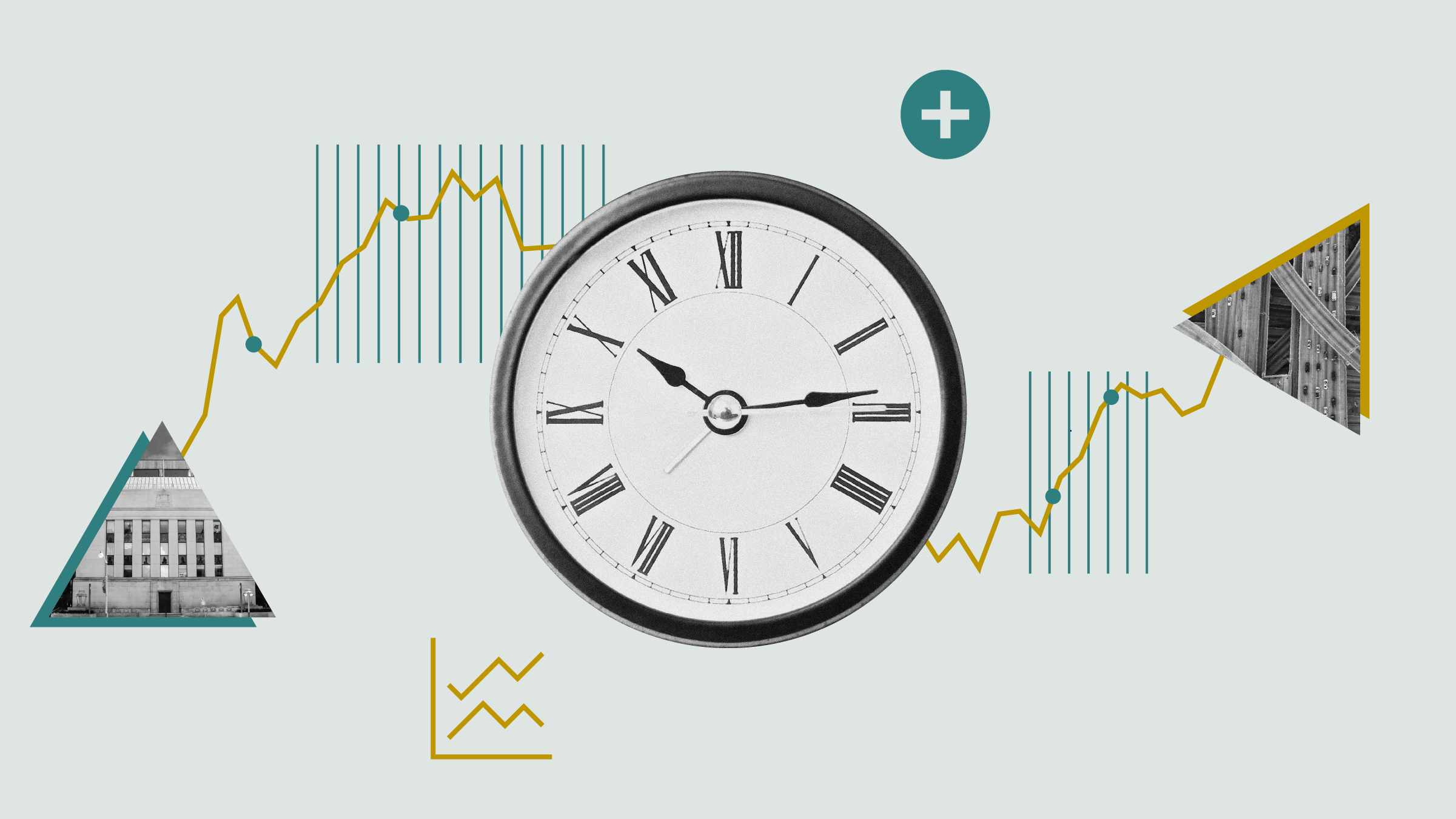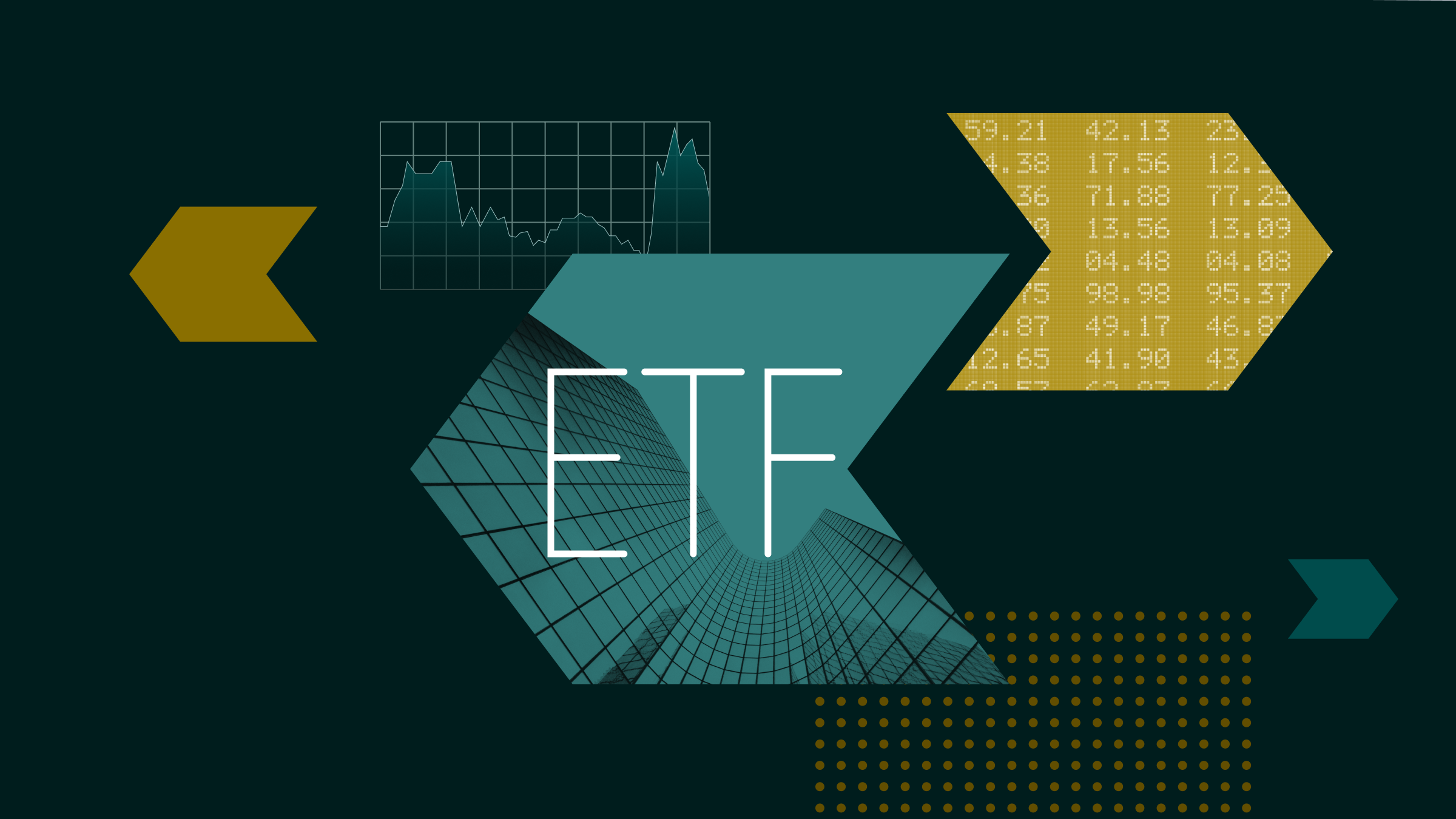
This article is a part of a month-long Morningstar Money Challenge. You can find the details here.
As we go along our Money Challenge, the tasks become more complex, but necessary, especially for long term financial health. One of the most valuable tasks you could perform as a part of this exercise is automation. You need to automate both your payments and your savings.
If you already have a rock-solid system for paying your bills and have already automated your savings and investments, you get to take the day off. But, as Morningstar’s director of personal finance Christine Benz says, "if your desk is awash in random bills, or worse yet if you checked your credit report and saw a history of late payments, it's time to put a formal bill-paying system in place".
As a past Morningstar Executive Forum panel discussed, if our attention is strained by far too many things asking for it, the more we can make good behaviour automatic the better. To alleviate stress and information overload, investors and their advisors should look for ways to automate some investment decisions. Pre-authorized services such as regular contributions of new money and automatic portfolio rebalancing prevent investors from "overthinking" their investments.
‘But why?’ I hear you ask. Well, there’s many reasons. Here are three that I like:
Minimalizes Errors: If there’s anything that 2020 has taught me, it is that nothing is guaranteed. Life happens, and no matter how organized we are (or not, as the case may be), we all drop the ball sometimes. When we do that with bills or investments, it costs money. Say you forget to pay a bill – you end up with late fees or non-payment charges. If this happens often, then these charges could add up. Automating payments and investments help to reduce the burden of us remembering. If you know your phone bill is due on the 10th of the month, and you set up an auto payment, then you don’t need to remember to do it! Or if you put aside $50 from each paycheque automatically, your savings are taken care of!
Easier to Pay Yourself First: My colleague in Australia, Emma Rappaport, explains the pay-yourself-first strategy like this. “Every pay day, the first thing you do when the money hits your transactions account is transfer a percentage into your savings account. Whatever's leftover is there for you to spend on your fixed costs (rent, utilities, phone bill) and variable costs (groceries, eating out, entertainment). Putting your savings goals before expenses removes the temptation to overspend, and ensures you make regular savings contributions, paycheque after paycheque.” But if you don’t pay yourself first, you could be tempted to spend the money. You can’t spend what you don’t have! So if you automate it, you save it!
Saves Time and Money: If you pay your bills automatically, you don’t get charged late fees, overdue fees, and you don’t need to rely on expensive overdrafts. Plus, you free mental bandwidth from remembering when bills and paymens are due. It’s a win-win!
Additional Reading
Simplify Your Investment Plan
Complexity Doesn’t Equal Value
Bridging the Behavioural Gap
Online Banking is the Way to Go
Benz is a big believer in online banking. “Not only does it cut down on the amount of paperwork you'll be responsible for shredding or filing once it comes into your house, but reducing your reliance on snail mail also helps lessen your vulnerability to identity theft,” she says. She also discusses it in detail in her book, 30-Minute Money Solutions: A Step-by-Step Guide to Managing Your Finances.
But she warns that before you opt to bank and pay your bills online, it's essential that your home computing system has up-to-date security protection, including firewalls, antivirus software, and spyware. Also make sure that you've downloaded the latest version of your Web browser, as it will include the most current encryption technology. Finally, take care when selecting passwords.
Beware the Robots?
There also is fear among investors that automation is something to fear. After all, ‘Robots will take our jobs’. But that isn’t necessarily true.
“I think that automation is misunderstood, and with automation, two things come to mind. 1. Jobs don't get automated the way tasks do, which means that technology will unlikely automate away the vast majority of jobs. 2. Occupations have always evolved over time and so thinking around tasks in our own daily lives change too,” says Joe Davis, global chief economist and head of the Investment Strategy, Vanguard.
He identified three skills that he would want to instill in his own kids, to make their jobs ‘future proof’. Here they are:
-Creative Intelligence: Davies calls it the number-one requirement for over 700 occupations
-Technology Acumen: He describes this as the familiarity, the ability to embrace technology rather than avoid it
-Emotional Intelligence: He includes managing others and things that are actually very important in fields of both management and other fields of the economy
Now you’re future-proof, and ready to move ahead!
Additional Reading
Automate Tasks, Not Jobs
Don’t Be Your Own Worst Enemy








.jpg)











